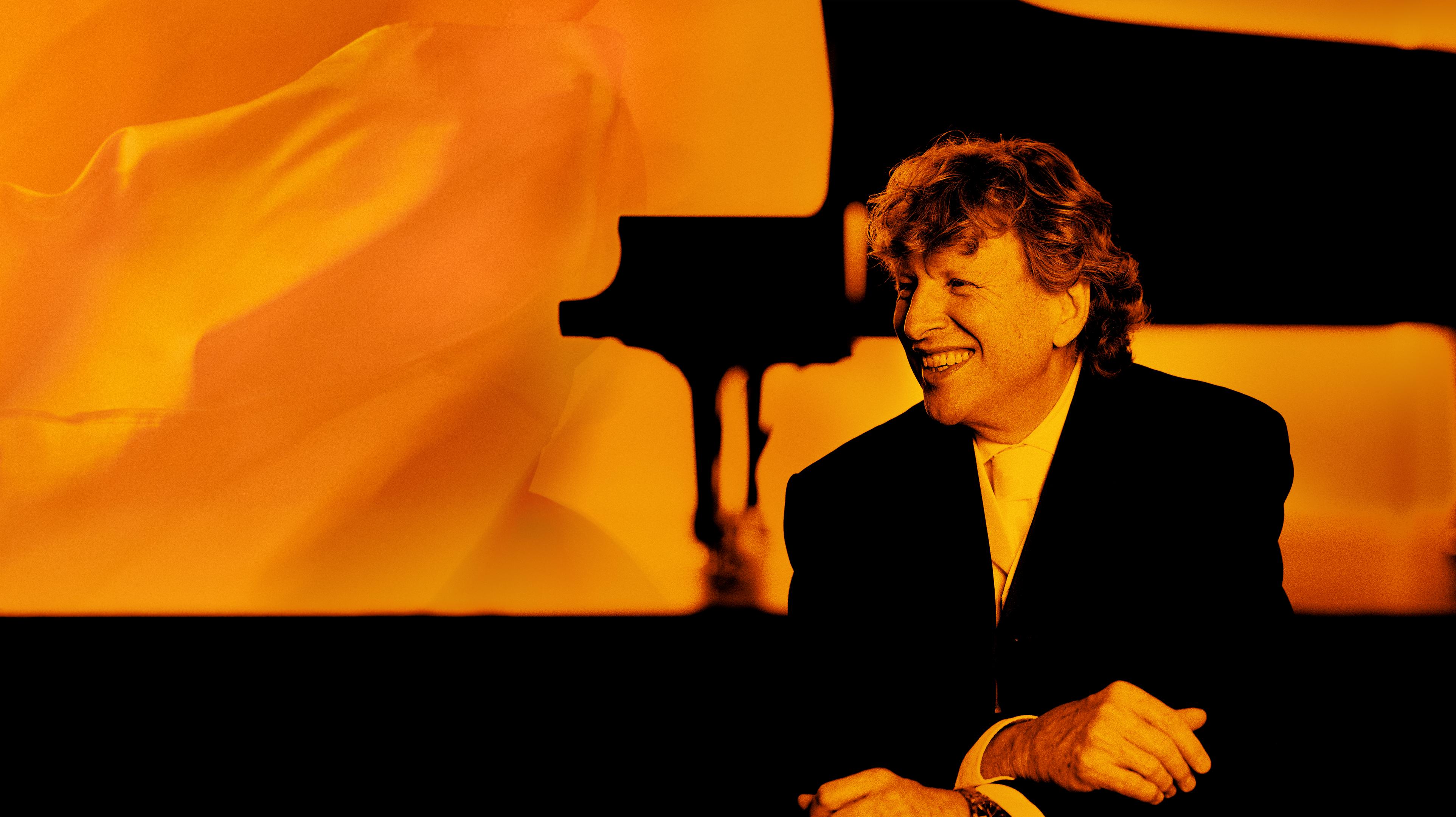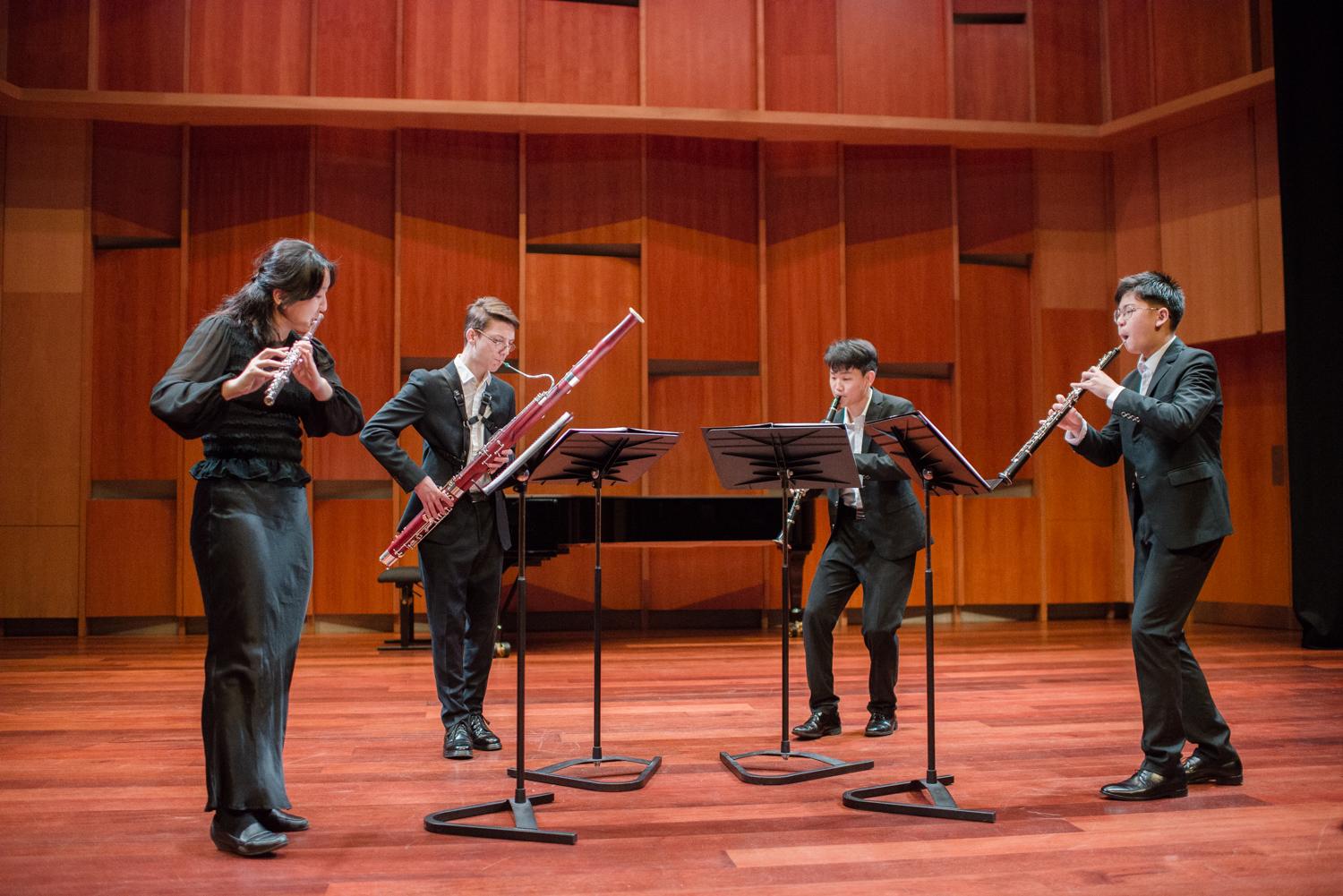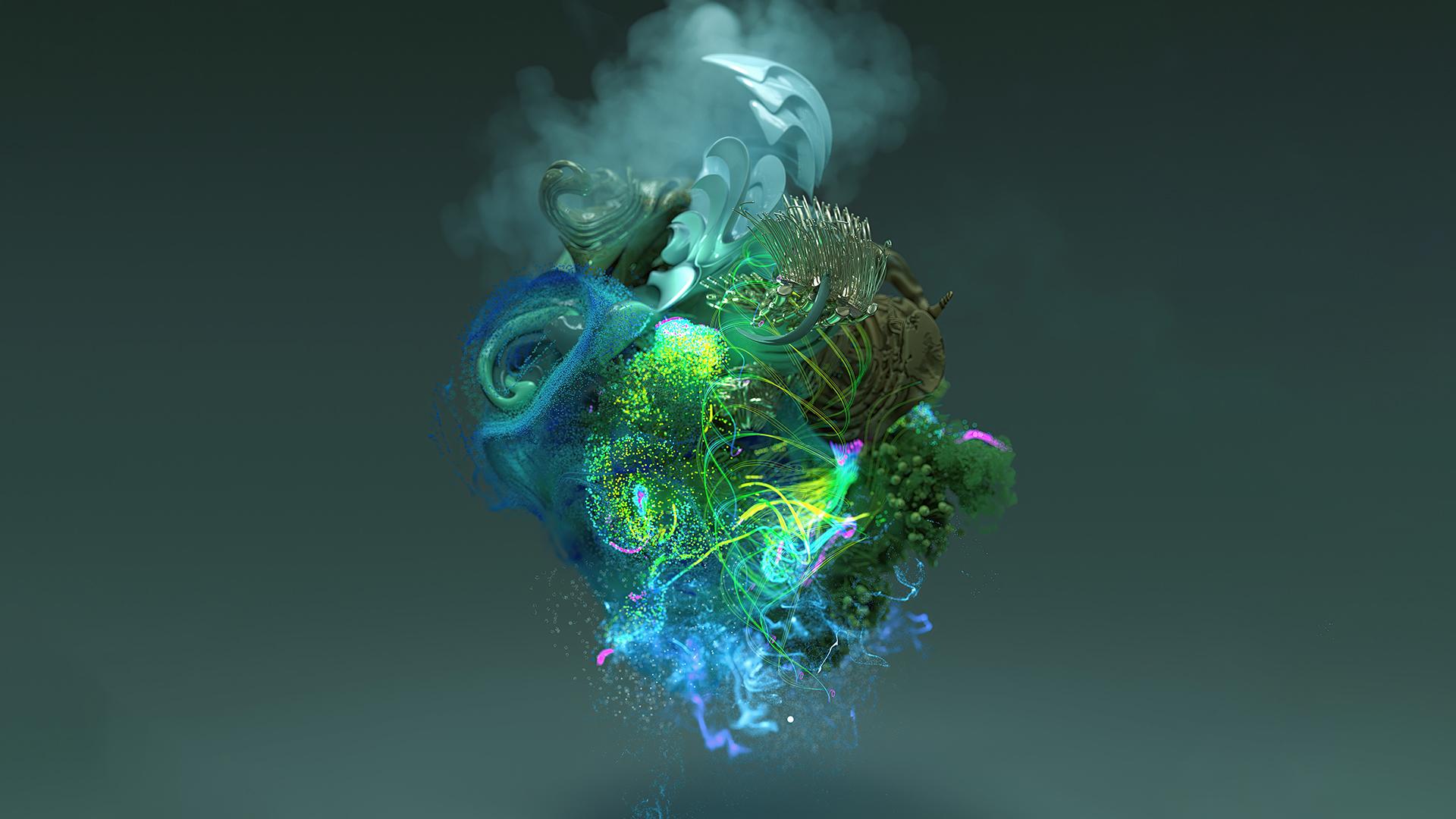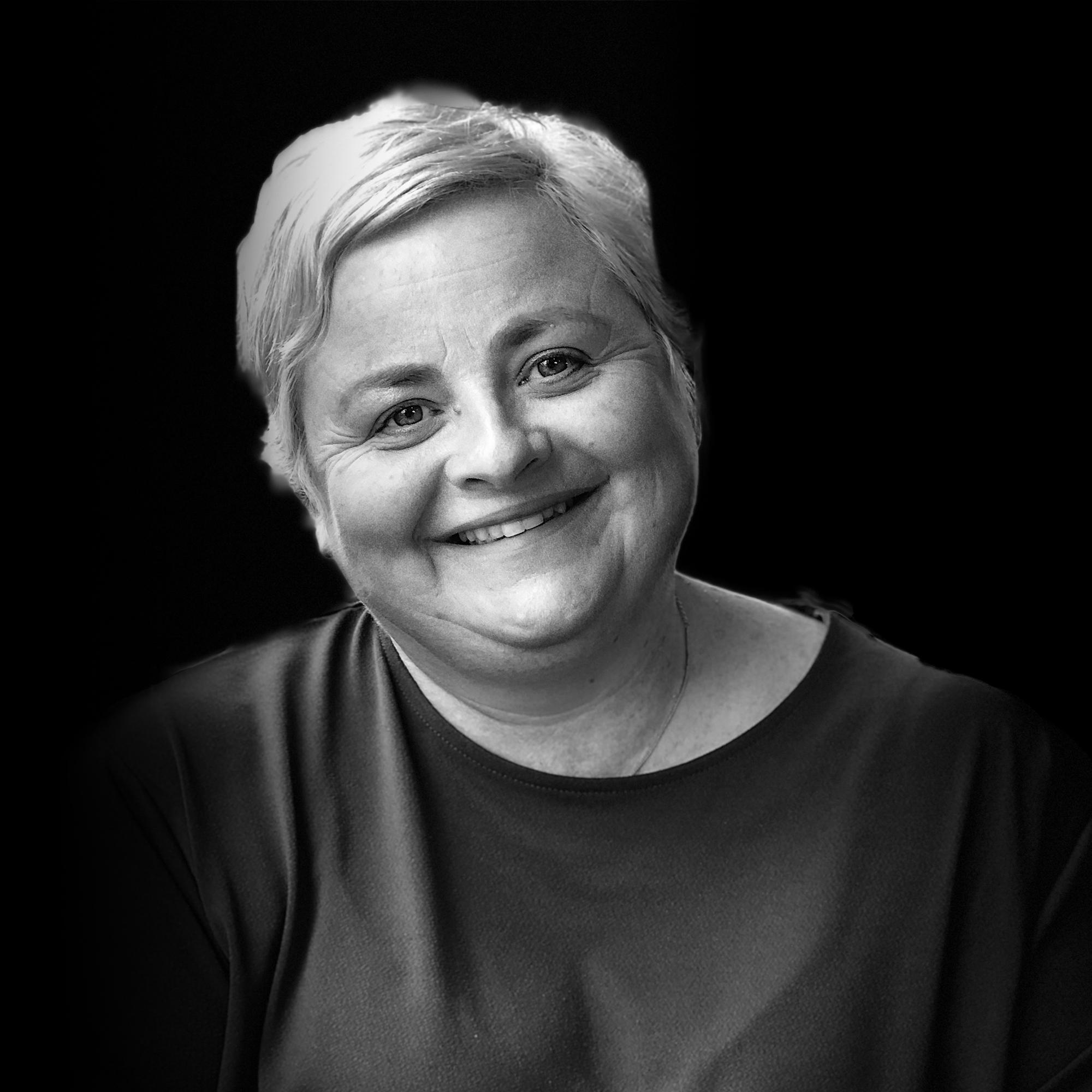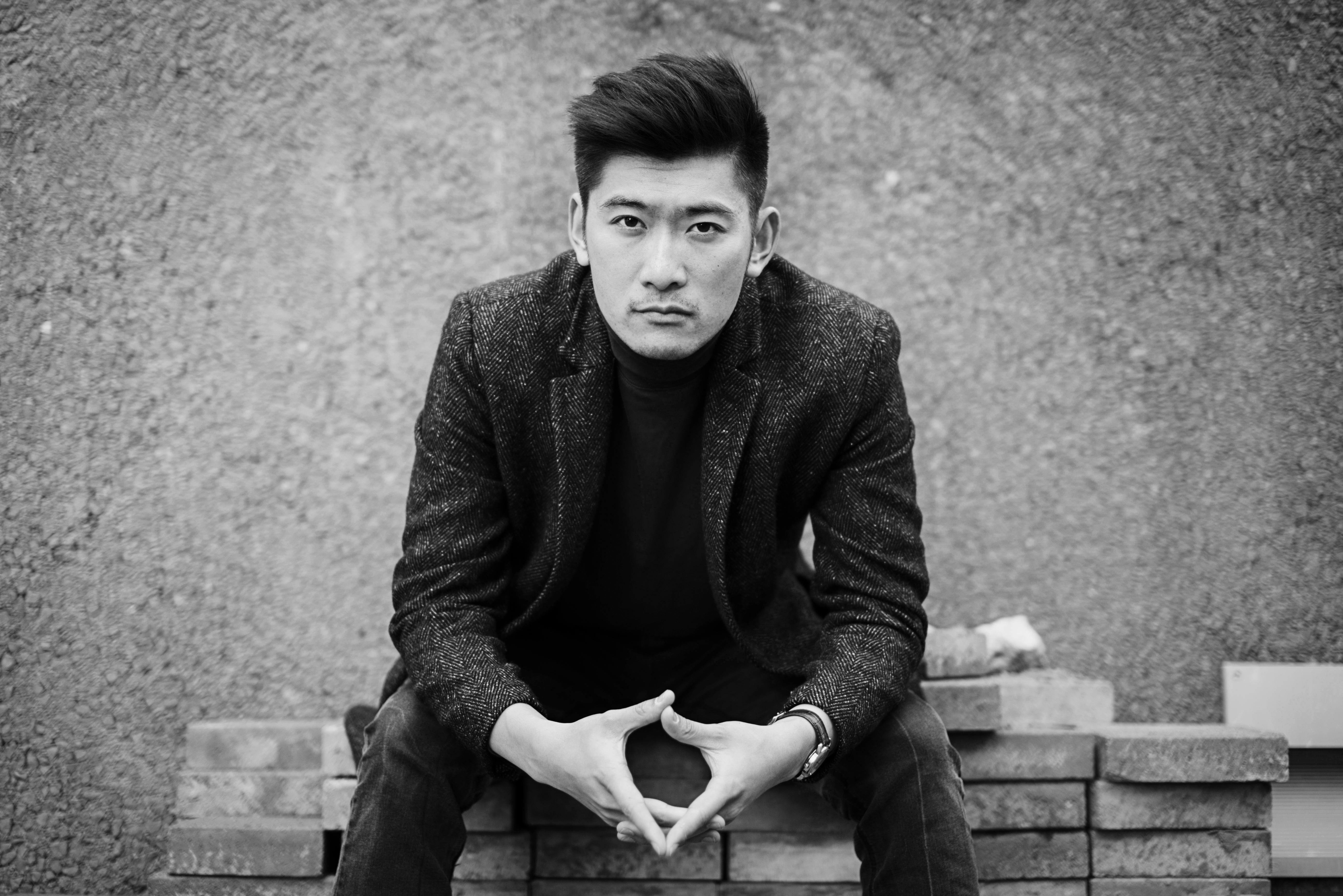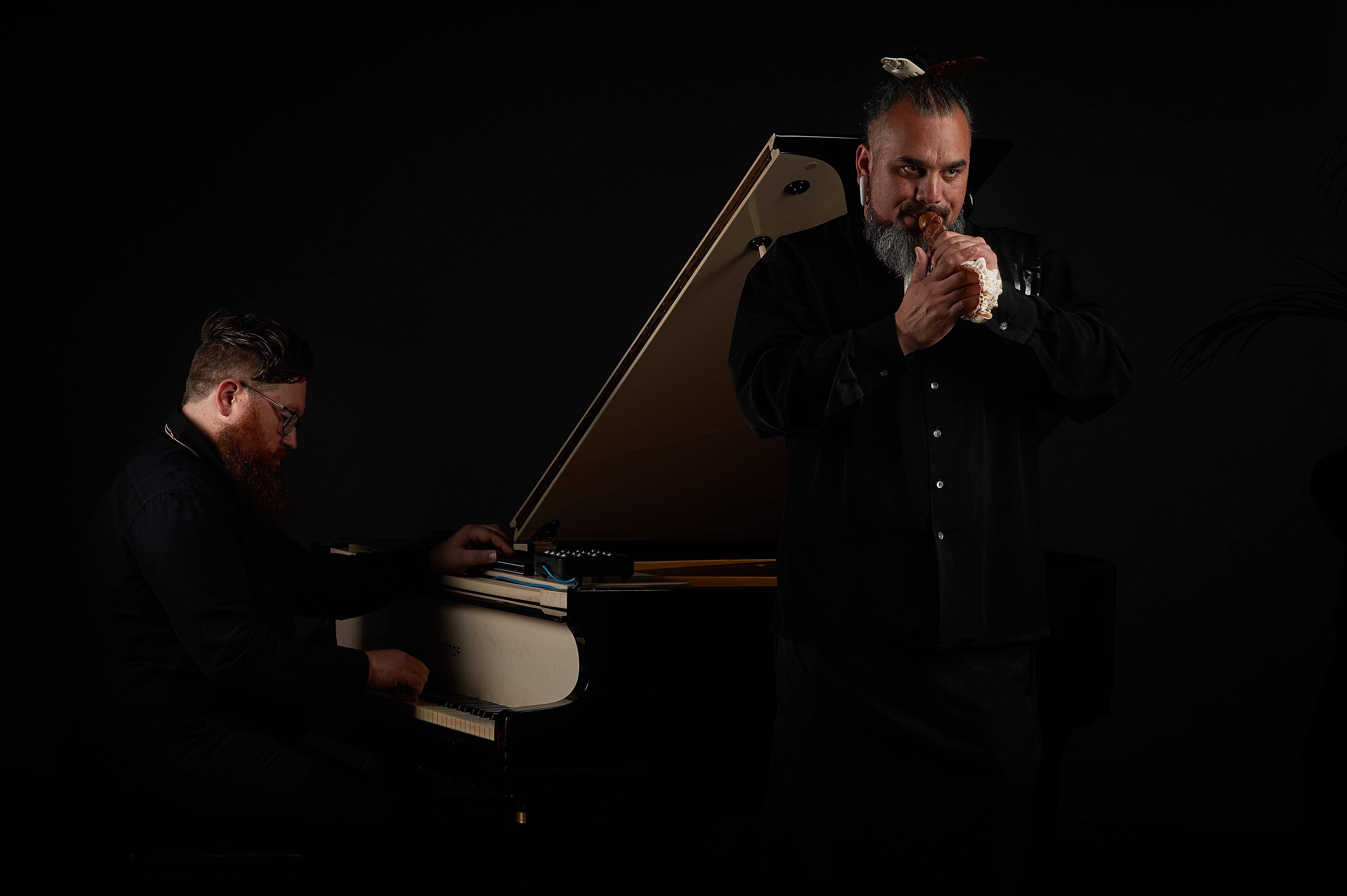Kōrero with John Psathas
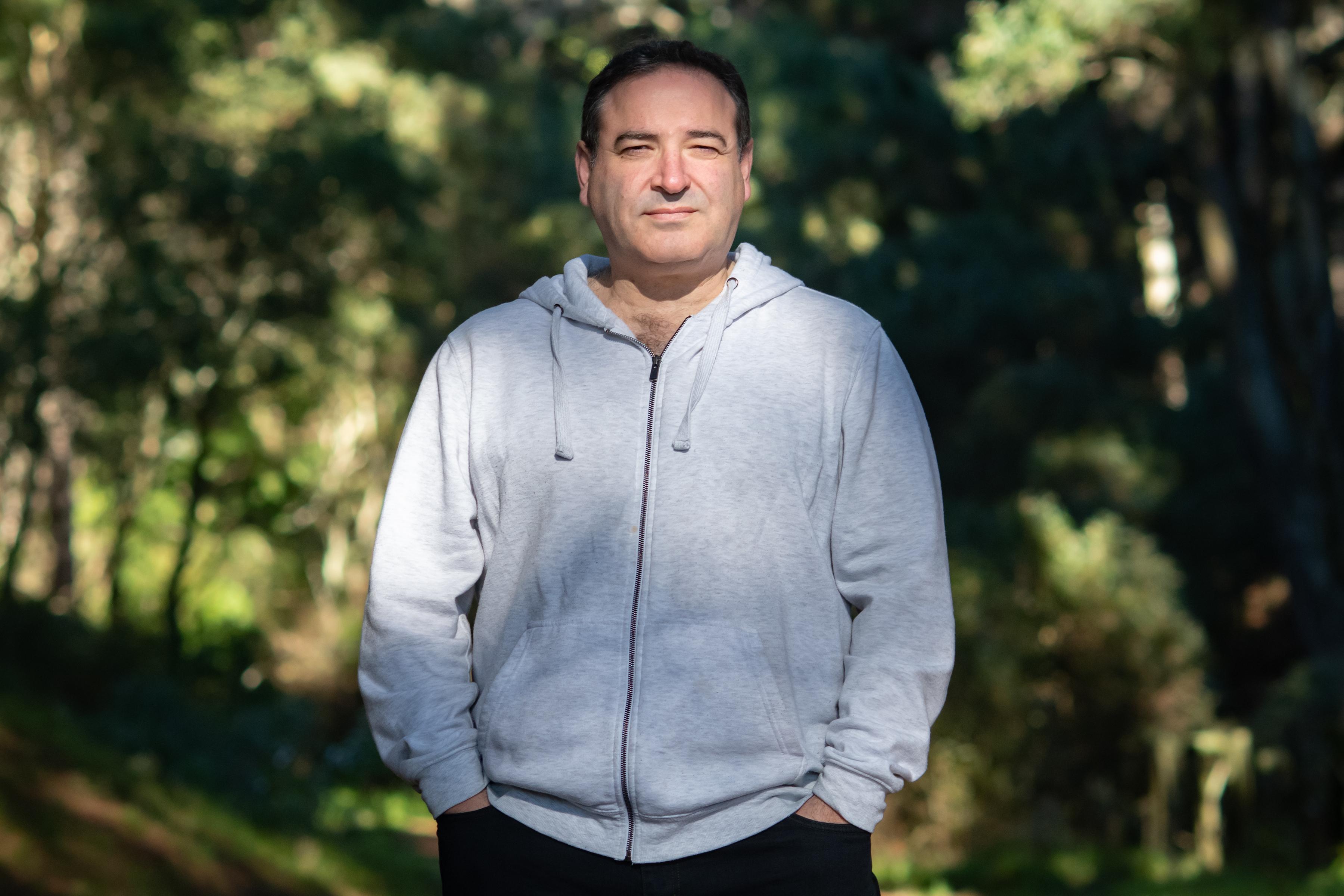
This February and March, our 2023 CMNZ Series begins with the evocative Voices at the End programme, featuring the John Psathas work inspired by the film Planetary, newly rewritten for solo piano. The documentary film explores environmentalist Joanna Macy’s take on our future as a species and underlines the crucial reminder that all living creatures are interconnected. This work will be preceded by the world premiere of Second-Hand Time, John’s latest composition, also coupling projections (mostly textual, in this instance) with live piano performance by Michael Houstoun.
How did the Voices at the End project first germinate – did you feel compelled to delve into the work as a direct result of watching the breath-taking film?
It’s often unnoticed coincidences that shape projects at the start. Things that become apparent much later. I was talking with Dawn Hardwick from Piano Circus about a possible collaboration, while also talking with film-makers Mike Wallis and Inge Rademeyer about a new space-inspired film project they were exploring. Mike and Inge recommended I watch Planetary, which I did – several times – during my conversations with Dawn. These two things became woven together in that moment. The film project didn’t eventuate but it planted the seed of the themes in Voices at the End.
The film itself was deeply inspiring, although I’m not just inspired by the result (which is an extraordinary movie). I’m also inspired when I imagine the team behind the film, and their spirit and commitment to making a difference through their art form.
The themes within Planetary are relevant and important to all of us currently living on earth, as well as to our descendants. There are ways of talking about the existential threats we face that encompass both the grim reality of things, as well as the positive energy we all have coiled within us, waiting for an outlet.
Was the connection on the Voices project so strong you wanted to delve deeper into the possibilities of live performance combined with pre-recorded audio tracks, teaming up with Michael again for Second-Hand Time?
Yes. But more specifically it was the experience of music with text that inspired me the most. I came away from the six-piano performance of Voices at the End, recognising that the three moments within it that included projected text were incredibly strong. I was immediately keen to try and explore that idea further.
I have written many pieces now that combine live performance with pre-recorded audio. Just over a decade ago, when I started working this way, it exploded my understanding of the potential of live performance. And now with synchronised text I feel another huge expansion in my understanding of the potential to deliver compelling work with strong messages by combining audio, text, and virtuosic live performance energy.
Working with Michael has always been the very best kind of experience. For all of his prolific championing of classical canon (his recent Brahms Intermezzi CD is on high-rotate at my place), Michael’s openness to new work and new ideas has been a kind of ongoing challenge to me to rise up and meet him at his level of artistry and depth.
The writings of several thinkers have been influencing your artistic process for several years now and permeate a number of your latest compositions, including Second-Hand Time. You delve into some complex political, socio-economical, and environmental concerns for our world by translating them into music – that must be quite challenging.
In this synchronized weaving together of text and music I feel I’ve stumbled across something very powerful. The words in Second-Hand Time are drawn from around a dozen books I read over a two-year period, mostly by Henry A. Giroux but also including Brad Evans, Noam Chomsky, and Svetlana Alexievich. The documentaries of Adam Curtis are also an important influence in [this work].
From these books and documentaries, I extracted short excerpts and printed them on cards. By the time I was ready to start composing there were over 2,000 cards (it took me three days just to cut them out). I then arranged them into various themed narratives and completed two (there are more pending). These two parts, The Nature of Reality and The Spectacle of Violence, each about 11-minutes long, make up Second-Hand Time.
Second-Hand Time requires real concentration and focus. I recommend a strong coffee beforehand. There is a powerful experience of absorbing text at a fairly decent speed, processing it and moving on, while simultaneously experiencing high levels of energy and emotion from the virtuosic live performance. I have shared the videos with a few close colleagues and friends and the response has been the same each time “I need to see that again, now”.
What can audiences expect from this music up close experience?
Voices at the End is an exuberant, colourful, and emotionally uplifting odyssey through a rich mosaic of visuals and sound. In Second-Hand Time the messages are much starker and hard-hitting. Henry and Brad (who I’ve both gotten to know through this project) give a sense – in their writings – of there simply not being enough time left to sugar-coat any description of the state of the world we live in.
Voices at the End embraces our positivity and is wrapped within a comforting belief that the evolutionary pressure driving us (the pressure to survive) will provide us with the solutions we need to find a way out of the crisis we are in.
Second-Hand Time is a confronting wake-up call, unrelenting and not holding back its punches. I predict [the piece] will leave the audience in a state of semi-shock, with a lot to process; there is projected text synchronised to the music in both parts of Second-Hand Time, so it requires significant focus and concentration.
CMNZ Series Voices at the End will be presented 17 February-29 March.
Other media
View allKōrero with Piers Lane
We caught up with pianist Piers Lane as he prepares to tour all 21 of Chopin’s Nocturnes to 13 centres across Aotearoa—a rare chance to hear these exquisite works as a complete cycle. He shares his insights on interpretation, the challenges of such an intimate programme, and how each performance brings something new.
Contest Fundraising Auction
Support the future of Aotearoa’s young musicians by bidding in our online fundraising auction.
2023 Annual Report
A full year's recap of CMNZ's programmes and presence across the motu, bringing innovative concert tours and music-based creative workshops and events to communities across Aotearoa.
Michelle Walsh to lead CMNZ into the future
“Music has consistently been a cornerstone of my life, and I am absolutely thrilled and deeply honoured to take on the role of CEO for this prestigious music organisation."
Kōrero with Tony Chen Lin
We caught up with award-winning pianist Tony Chen Lin ahead of his New Zealand tour with Belgium-based string quartet Sonoro.
